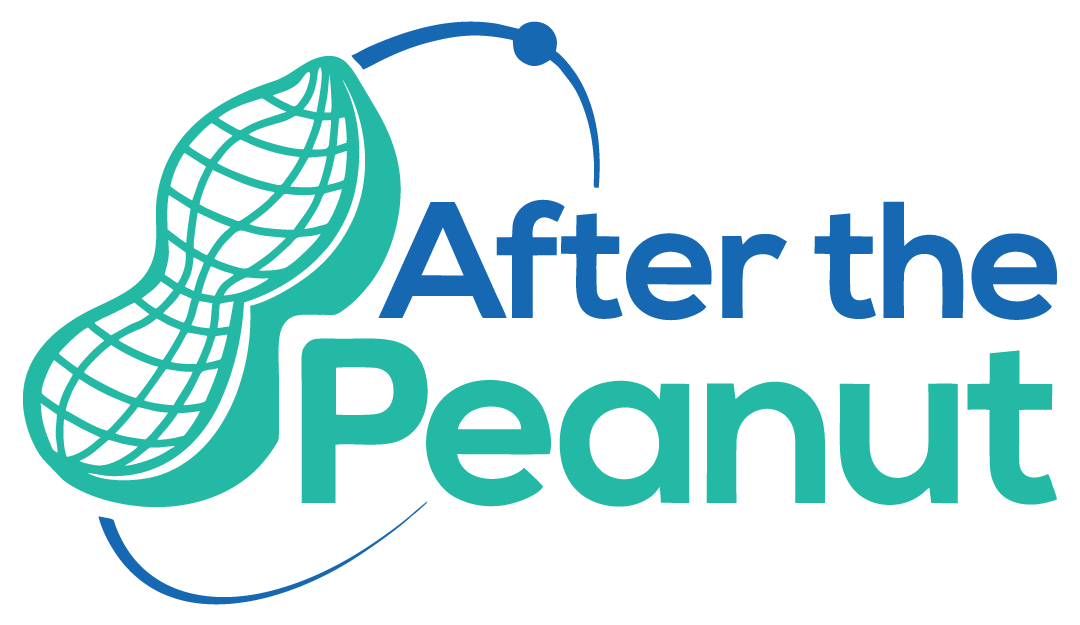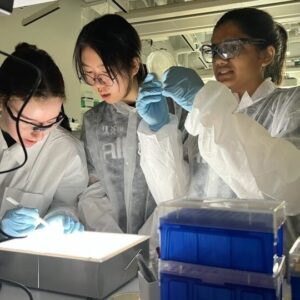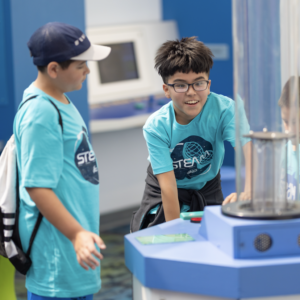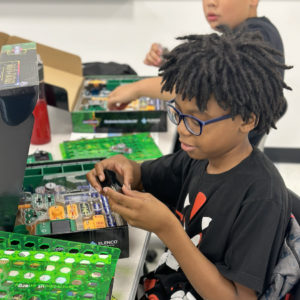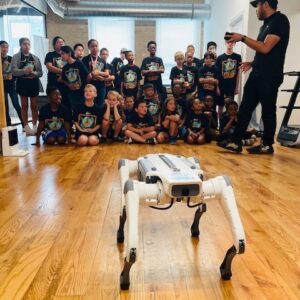Curriculum: What Your Child Will Learn This Year
Healthy eating is key to a good lifestyle and positive mental wellbeing. However, many cooks and chefs are unsure of how to create healthy recipes and meals.
On this course, you’ll learn what a healthy diet really looks like from top professionals. You’ll get an extensive introduction to what a healthy diet looks like in practice, and learn how to practically implement this knowledge into your own cooking straight away.

Getting started on the 6-week plan
- Prepare most of your meals at home using whole or minimally processed foods. Choose from a variety of different proteins to keep things interesting. Using catchy names for each day can help you plan.
- Make an eating plan each week – this is the key to fast, easy meal preparation. Check out our shopping tips here.
- Choose recipes with plenty of vegetables and fruit. Your goal is to fill half your plate with vegetables and fruit at every meal. Choose brightly coloured fruits and vegetables each day, especially orange and dark green vegetables (click here for more information). Frozen or canned unsweetened fruits and vegetables are a perfect alternative to fresh produce.
- Avoid sugary drinks and instead drink water. Lower-fat, unsweetened milk is also a good way to stay hydrated. Keep a reusable water bottle in your purse or car so you can fill up wherever you are going.
- Eat smaller meals more often. Eat at least three meals a day with snacks in between. When you wait too long to eat you are more likely to make unhealthy food choices. Keep easy-to-eat snacks (like this) in your purse or bag for emergencies.
- Make an eating plan each week – this is the key to fast, easy meal preparation. Check out our shopping tips here.
Crafting in the classroom draws in student attention, gets children excited about the curriculum, and builds classroom community all while focusing on learning goals.Your students have so much to gain from classroom crafting!
Educational Standards
You’ll have the chance to reflect upon the impact that healthy eating has on wellbeing, and explore aspects of gastro-philosophy alongside noted hospitality experts at the Swiss Education Group (SEG).
Finally, you’ll explore what mindful eating means, and how to employ different healthy cooking styles.
With access to recipes designed by professional chefs to help you design your own healthy cooking, you’ll learn how eating right can improve our skin and muscles.
By the time you’ve finished, you’ll be able to create a healthy eating plan, bringing your new knowledge into practice at work.
1. Letters and Sounds
2. Writing
Whole grain foods include whole grain bread and crackers, brown or wild rice, quinoa, oatmeal and hulled barley. They are prepared using the entire grain. Whole grain foods have fibre, protein and B vitamins to help you stay healthy and full longer.
Choose whole grain options instead of processed or refined grains like white bread and pasta.
Fill a quarter of your plate with whole grain foods.
3. Numbers and Counting
Protein foods include legumes, nuts, seeds, tofu, fortified soy beverage, fish, shellfish, eggs, poultry, lean red meats including wild game, lower fat milk, lower fat yogurts, lower fat kefir and cheeses lower in fat and sodium. Protein helps build and maintain bones, muscles and skin.
Eat protein every day.
Try to eat at least two servings of fish each week, and choose plant-based foods more often.
Dairy products are a great source of protein. Choose lower fat, unflavoured options.
Fill a quarter of your plate with protein foods.
4. Shapes and Objects
Highly processed foods — often called ultra-processed — are foods that are changed from their original food source and have many added ingredients. During processing, often important nutrients such as vitamins, minerals and fiber are removed while salt and sugar are added. Examples of processed food include: fast foods, hot dogs, chips, cookies, frozen pizzas, deli meats, white rice and white bread.
Some minimally processed foods are okay. These are foods that are slightly changed in some way but contain few industrially made additives. Minimally processed foods keep almost all of their essential nutrients. Some examples are: bagged salad, frozen vegetables and fruit, eggs, milk, cheese, flour, brown rice, oil and dried herbs. We are not referring to these minimally processed foods when we are advising you not to eat processed foods.
Heart & Stroke funded research found that ultra-processed foods make up almost half of Canadians’ diets. Read more about it here.
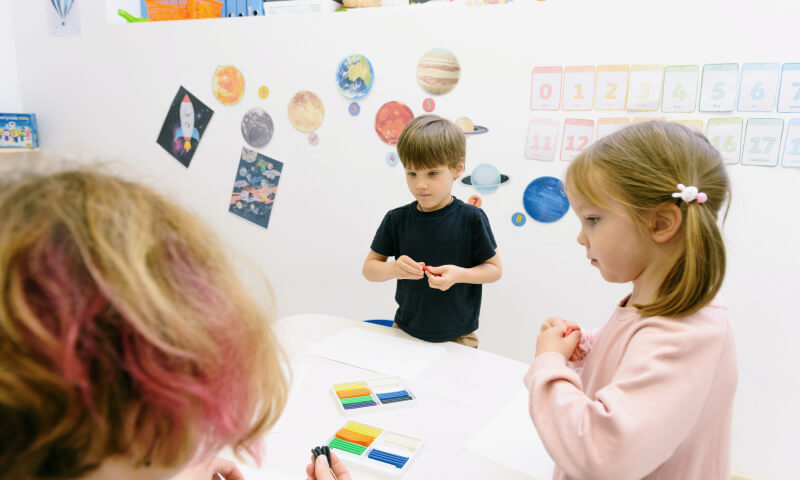
Exciting Quizzes and Tests
Choose whole grain options instead of processed or refined grains like white bread and pasta.
Fill a quarter of your plate with whole grain foods.
